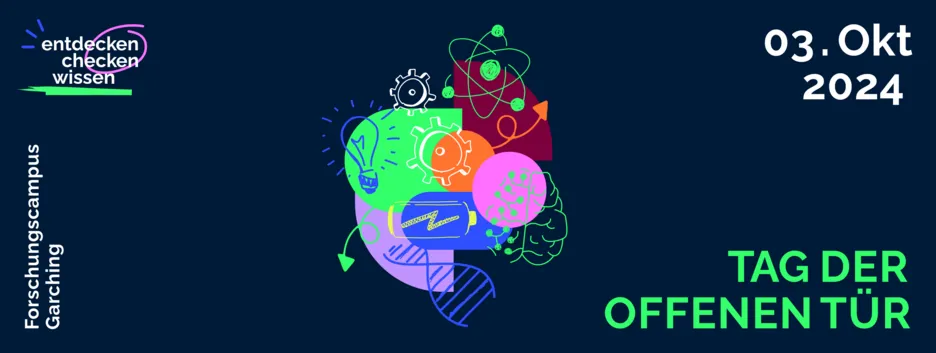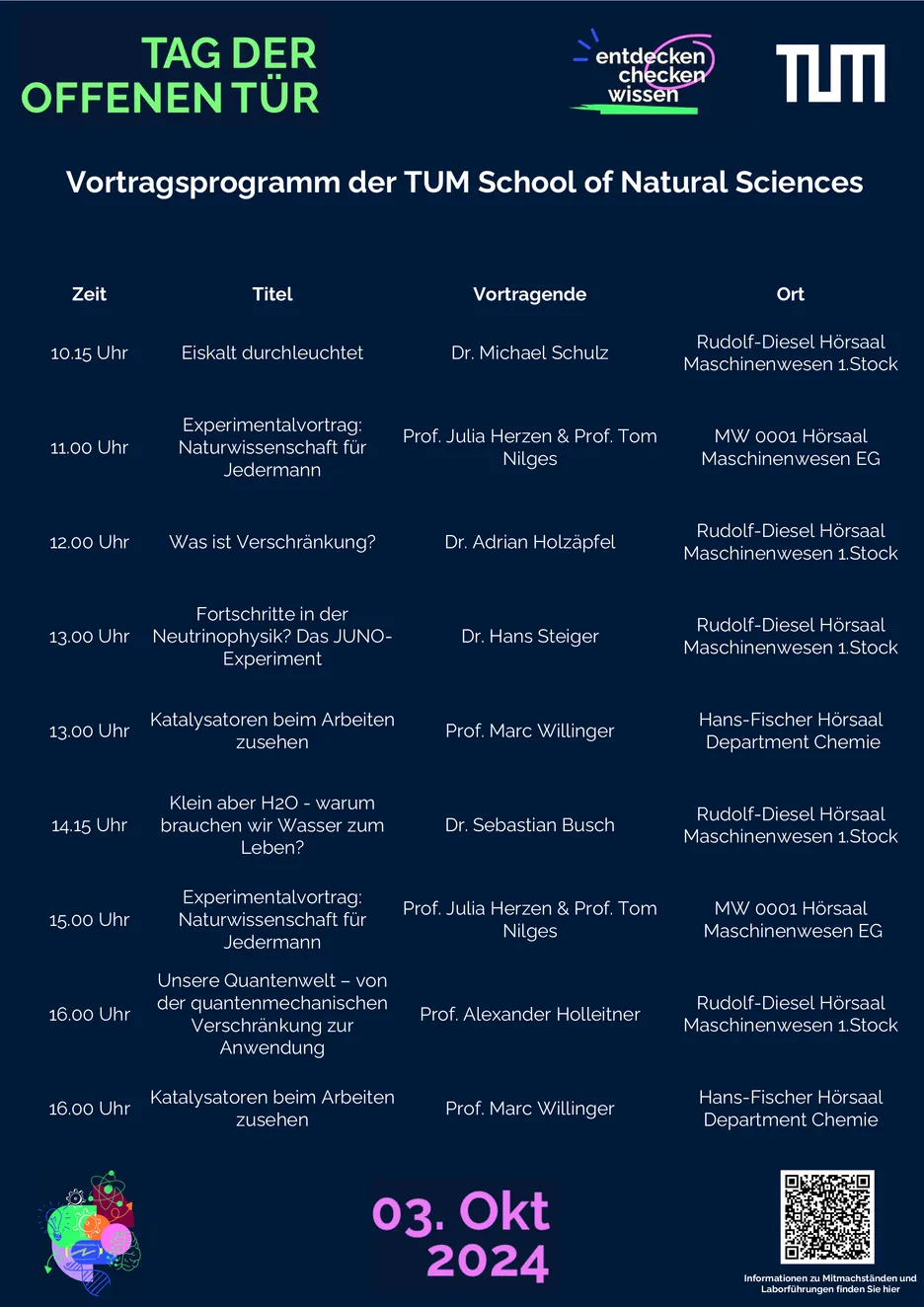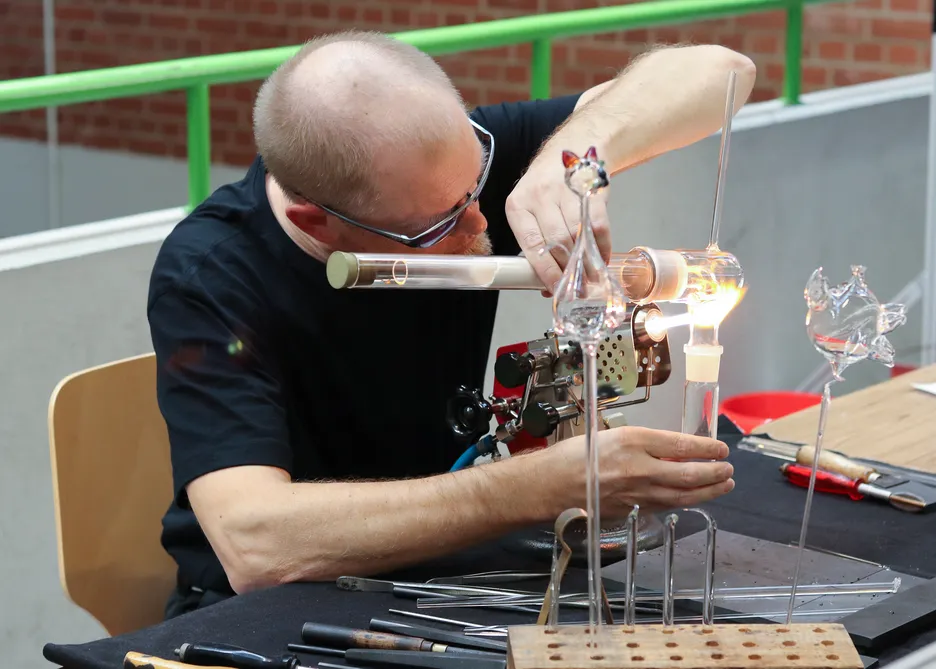On October 3rd, during the Open House Day at the Garching Campus, the TUM School of Natural Sciences invites you to an exciting and diverse program. You can visit numerous interactive booths on topics such as sustainable palm oil alternatives, an exploration of nature with an experiment on natural product extraction from orange peels, the fascinating world of building materials, understanding colors, and observing atoms through spectroscopy and microscopy. There will be workshops from our glassblowing studio and training center AuTum, live experiments from our TUM Explorers, as well as many other lab tours through our research centers. Additionally, we will present the most beautiful and best experiments from the Experimental Physics Lecture Operations Unit at the Physics Department. Be sure to join the tour of our research reactor FRM II, which starts in the Department of Physics.
The lab tours from the Department of Chemistry begin in the foyer (left before the library). Please note that some lab tours are limited in the number of participants. We will introduce you to the Catalysis Research Center, the Bavarian NMR Center, various other research laboratories, and TUMint.Energy Research GmbH. Our student council, MPIC, will also be on-site to answer any questions about studying and student life. Advice on the degree programs at the TUM School of Natural Sciences can be obtained in the Department of Chemistry as well as in the Department of Physics.
The main highlight at the TUM School of Natural Sciences is the two lectures by Prof. Julia Herzen and Prof. Tom Nilges, who will present physics and chemistry together with many experiments. These lectures will take place in the lecture halls of the TUM School of Engineering & Design.
All presentations/talks will be held in German
MW 0001 Hörsaal Maschinenwesen EG
Lageplan: https://nav.tum.de/view/5510.EG.001
CH 21010 Hans-Fischer Hörsaal
Lageplan: https://nav.tum.de/room/5401.01.101K
MW 2001 Rudolf-Diesel-Hörsaal
Lageplan: https://nav.tum.de/view/5510.02.001
Program:
Information booth and laboratory tours (Registration at the booth is required for the laboratory tours. The tours are limited to 15 people and start at 11:00 AM, 2:00 PM, and 4:00 PM at the booth, lasting approximately 30-45 minutes).
Target audience:
Prospective students, general public interested in sustainability topics
Language:
German/English
Contact:
Dr. Daniel Garbe , Werner-Siemens-Lehrstuhl für Synthetische Biotechnologie (Email: daniel.garbe(at)tum.de)
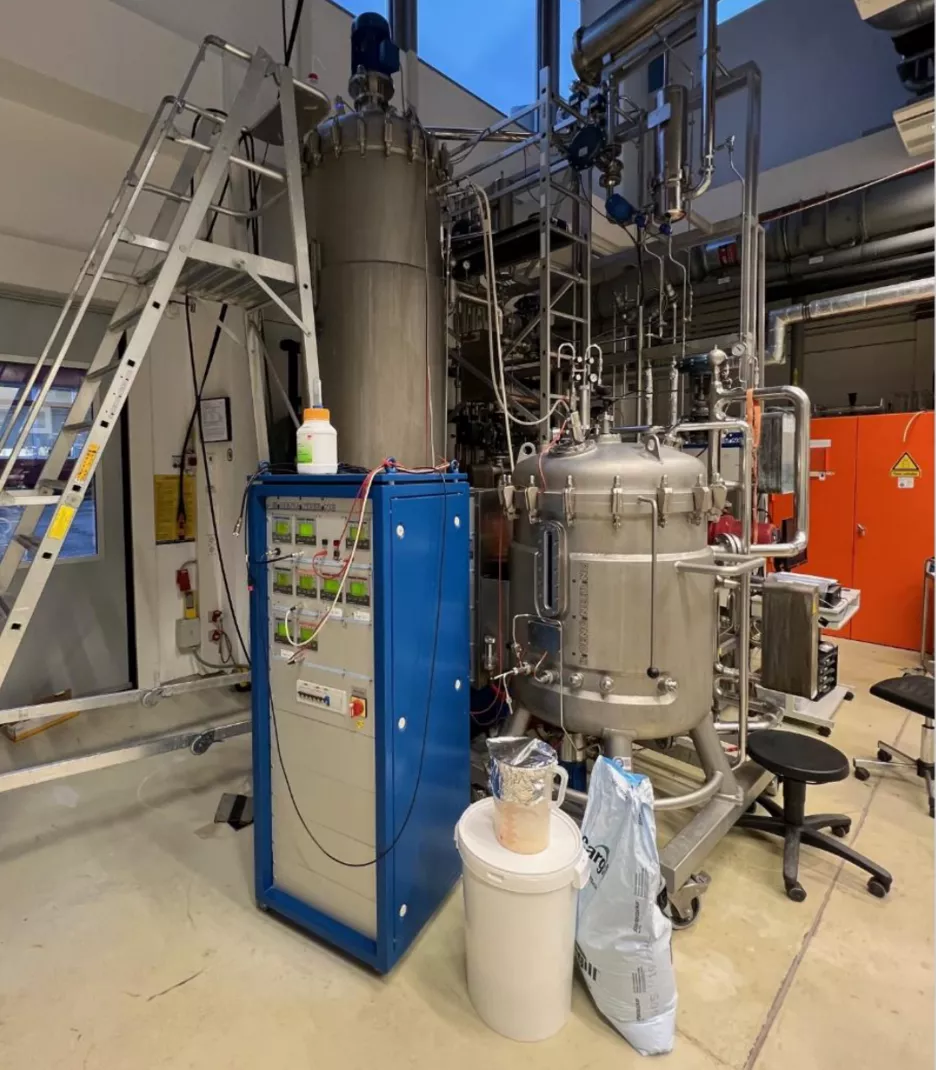

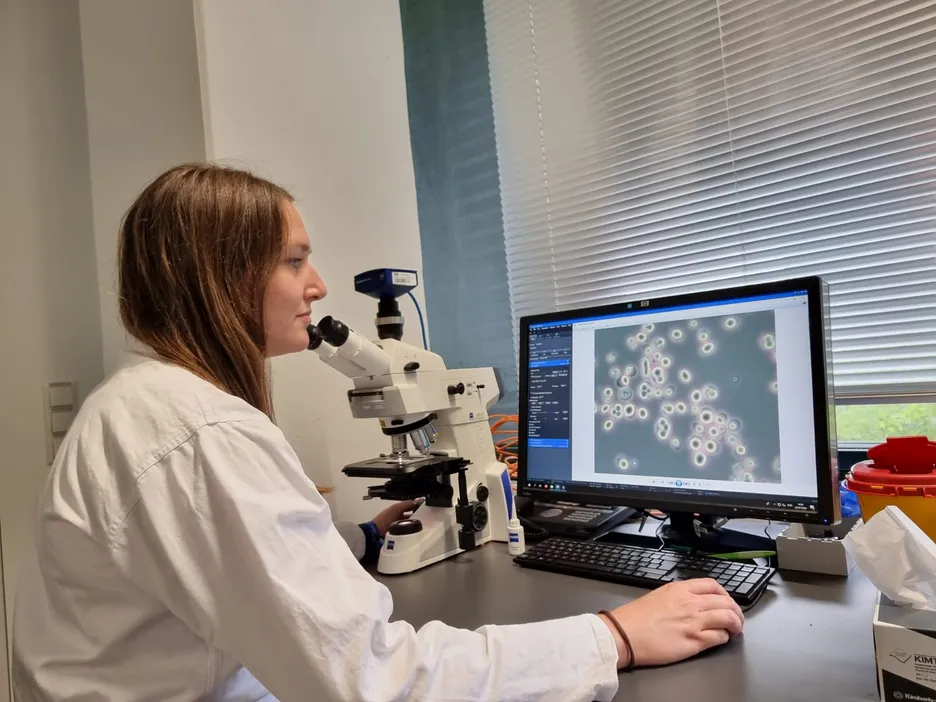
A fascinating exploration of nature and the laboratory with experiments on the extraction of natural substances from orange peels, mint, and caraway.
Program:
Experiment, interactive station, information/advice
Target audience:
Prospective students, children, adolescents
Language:
German/English
Contact:
Dr. Stefan Breitenlechner (Email: stefan.breitenlechner(at)tum.de); Dr. Simone Stegbauer (Email: simone.stegbauer(at)tum.de)
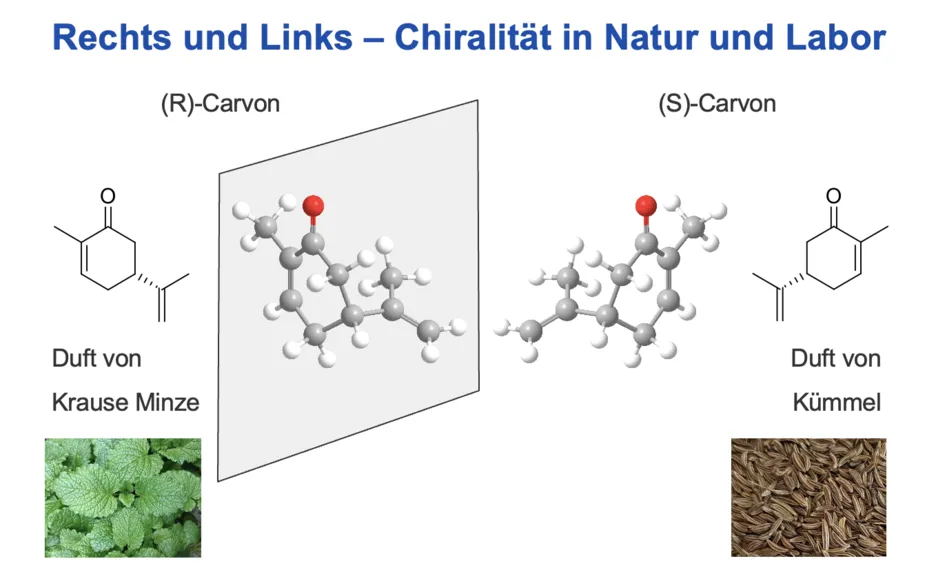
Fascinating World of Building Material Chemistry – The Chemistry of Gypsum: Additives are used to give building materials specific properties, such as improved workability. Using gypsum as an example of a building material, we will explain how additives alter the crystal structure and how this affects the properties of gypsum. Subsequently, the theory can be applied and tested practically in the lab.
Program:
Lecture with experiments, some of which are hands-on
Registration Required: Maximum of 8 participants (+ accompanying person) per event; Registration with Olivia Rindle olivia.rindle@tum.de; Minimum age: 7 years, Duration: approximately 60 minutes
Times: 11:00 AM, 1:00 PM, and 3:00 PM in Science Cinema CH26411
Target Audience:
Prospective students, children, teenagers
Language:
German
Contact:
Olivia Rindle (Email: olivia.rindle(at)tum.de)
Program:
Information and consultation
Target audience:
Prospective students, adolescents
Language:
German/English
Contact:
Alena Hölzl-Hobmeier, (Email: coordinator-crc325(at)ch.tum.de)
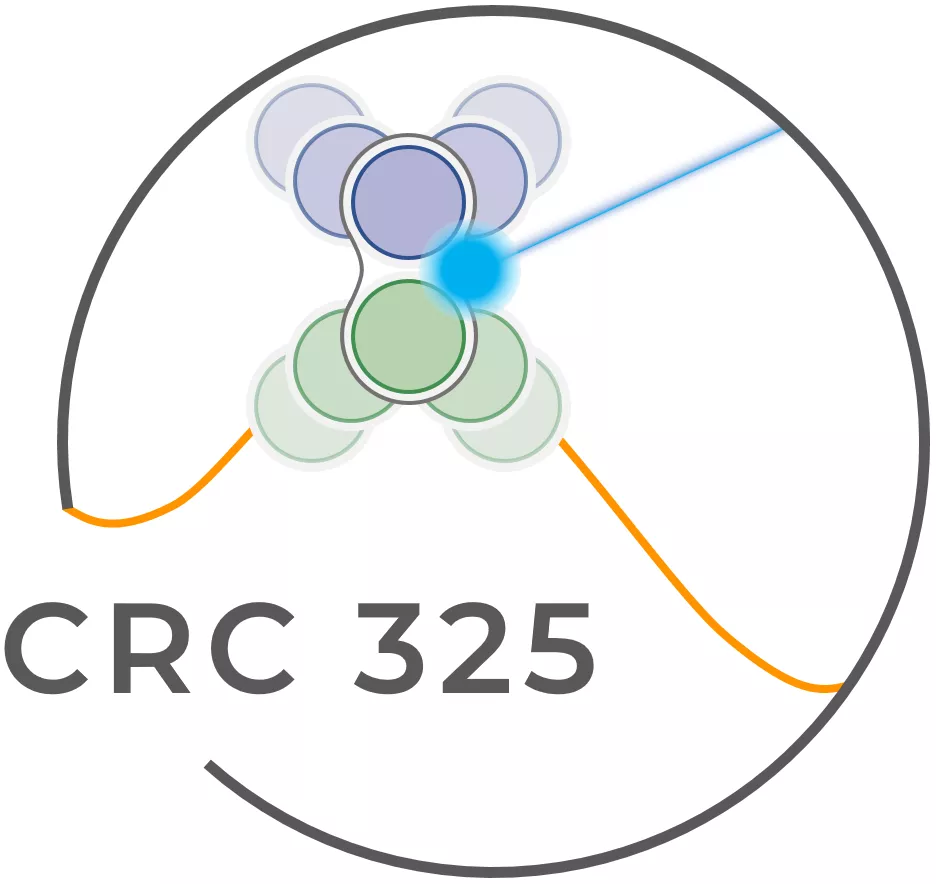
Analytical Chemistry and Water Chemistry presents itself with laboratory tours on the topics of mass spectrometry, Raman spectroscopy, SEM, and bioanalytics.
There are a total of four lab tours at the following times, each lasting half an hour:
11:30 AM, 12:30 PM, 1:30 PM, and 2:30 PM.
A maximum of 5-7 people can participate in each tour.
Please register in advance via email if you would like to participate in a guided tour!
Registration:
Program:
Information booth and laboratory tours
Target audience:
Prospective students, adolescents
Language:
German/English
Contact:
Prof. Martin Elsner (Email: m.elsner(at)tum.de)
Guided tours of the scanning electron microscope and transmission electron microscope will take place at 11:30 AM, 1:30 PM, and 2:30 PM. The lecture 'Observing Catalysts in Action: Insights from Electron Microscopy' (by Prof. Marc Willinger) will be held at 1:00 PM and 4:00 PM in the Hans-Fischer lecture hall.
Program:
Information booth, tours, & lecture
Target audience:
Prospective students, children, adolescents
Language:
German/English
Contact:
Prof. Marc Willinger (marc.willinger(at)tum.de)
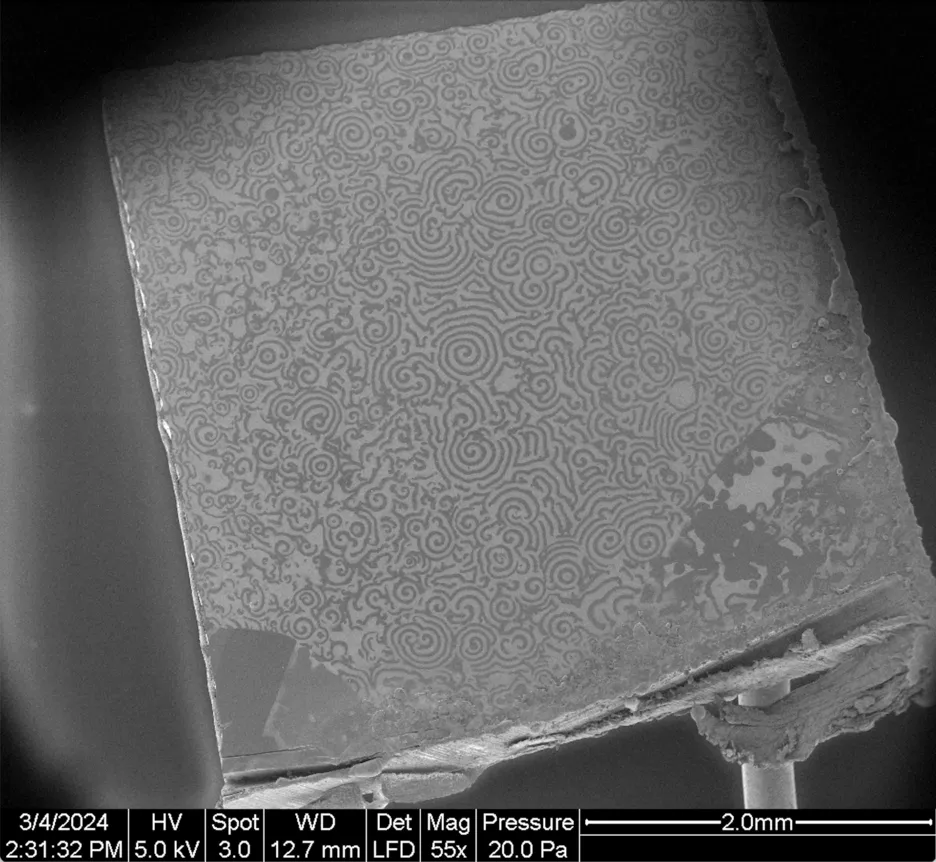
Program:
Laboratory tours at 11:00 AM and 1:00 PM (registration required: https://www.tumint-energy.de/)
Solid-State Batteries as Game Changers for Electromobility - Discover how the battery of the future is researched and developed:
Solid-state batteries have the potential to surpass conventional lithium-ion batteries. By using solid instead of liquid electrolytes, they promise enhanced safety, higher energy densities, and longer lifespans. This opens up new possibilities for faster charging and greater energy storage capacities—a key element in achieving high-performance, affordable, and sustainable electromobility. Join our international and interdisciplinary team in our labs, where fundamental research and innovative ideas for developing a new generation of batteries are explored.
Target audience:
Prospective students, adolescents
Language:
English
Contact:
Christine Albert (Albert(at)tumint-energy.de)
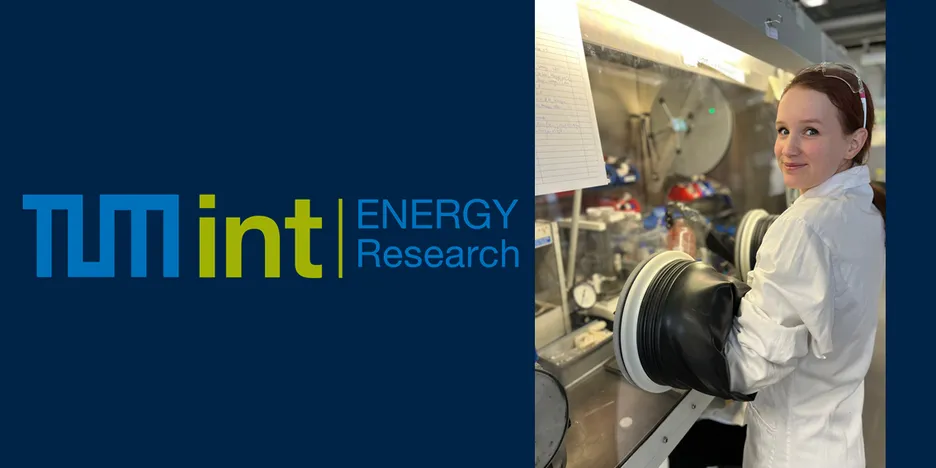
We represent over 17,500 students from the TUM School of Natural Sciences (NAT) and TUM School of Computation, Information and Technology (CIT). We advocate for the needs and interests of the students. Additionally, we offer services such as lab coat sales, thesis printing, sports equipment rental, and much more. We also organize the orientation days, where students can get to know the campus and their fellow students. In the summer, we organize the UNITY party and a winter ball.
Feel free to reach out to us with any questions about student life, especially from a student's perspective. On the Open House Day, we provide a refreshing cool-down in the Chemistry Department building.
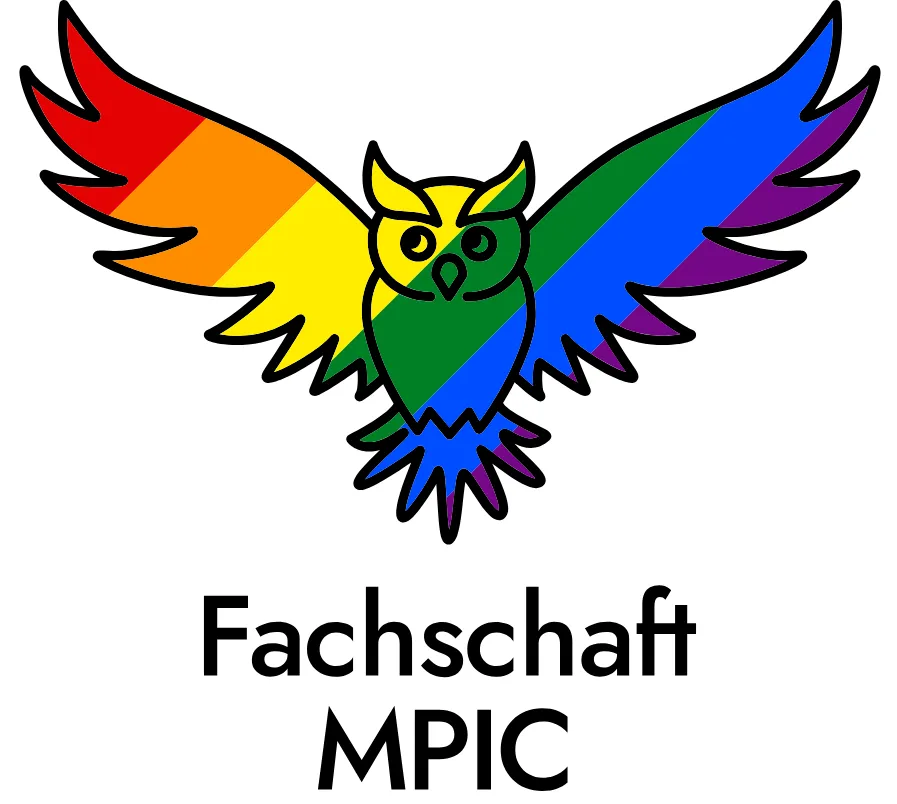
Program
General information about the TUM School of Natural Sciences as well as the degree programs in Chemistry, Chemical Engineering, Biochemistry, and Food Chemistry
Target Audience
General, Prospective Students
Language
German / English
Contact
Dr. Robert Reich, outreach(at)nat.tum.de
How do we perceive colors, how can we measure colors, what happens in color mixing, and what do optical brighteners do? These questions will be explored playfully with a UV/VIS spectrometer and simple experiments related to color, fluorescence, and polarization.
Program:
Booth with experiments
Target audience:
Prospective students, children, adolescents
Language:
German/English
Contact:
Friedrich Esch (friedrich.esch(at)tum.de), Martin Tschurl (tschurl(at)tum.de)
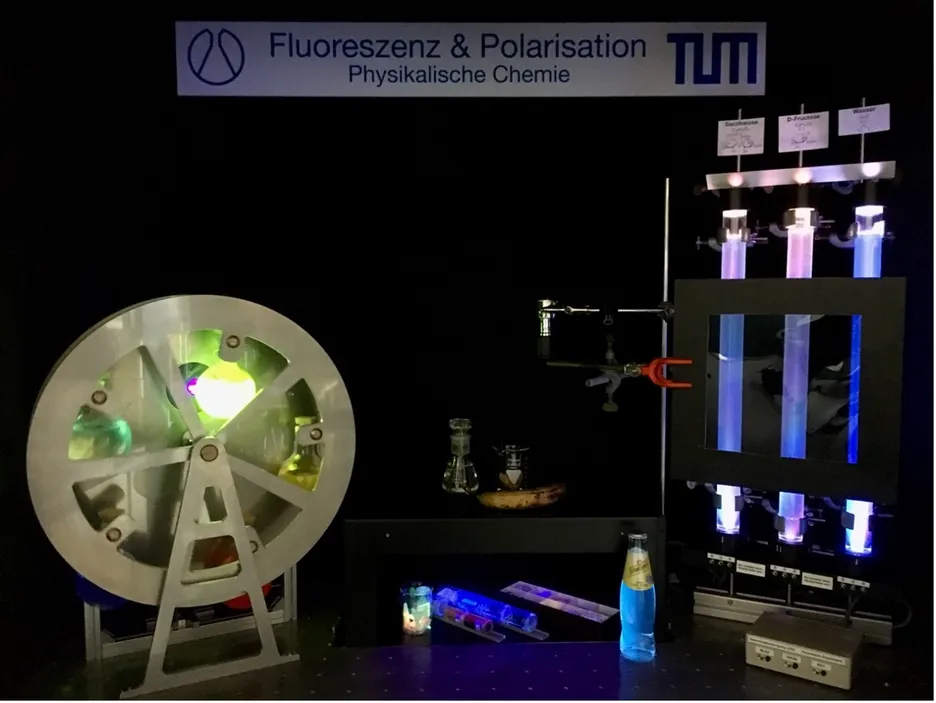
With the help of modern scanning probe microscopes, nanostructures down to the atomic level can be imaged. This will be demonstrated using a scanning tunneling microscope (STM) and an atomic force microscope (AFM). The method can be explored playfully with a Lego model.
Program:
Booth with experiments
Target audience:
Prospective students, children, adolescents
Language:
German/English
Contact:
Friedrich Esch (friedrich.esch(at)tum.de), Martin Tschurl (tschurl(at)tum.de)
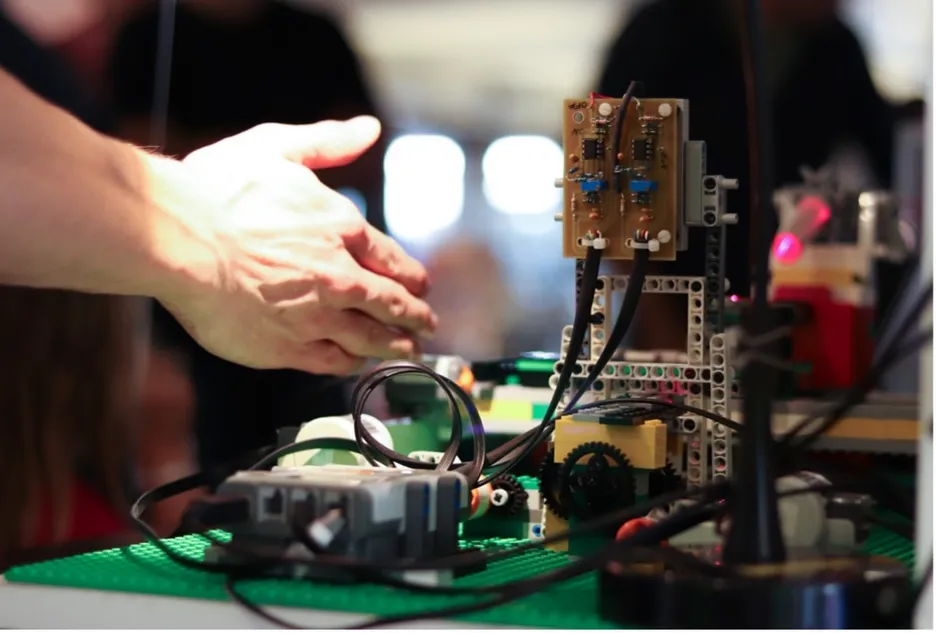
This laboratory tour introduces an ultra-high vacuum experiment where atomically precise metal clusters are deposited on surfaces and examined for their stability, shape, and catalytic activity. The core of the setup is a scanning tunneling microscope (STM) that can operate over a wide temperature range and is equipped with the capability to capture rapid movies of surface processes at the atomic scale.
Program:
Laboratory tour, registration required with Friedrich Esch (friedrich.esch@tum.de)
Duration: 20 minutes - at 2:00 PM, 3:00 PM, and 4:00 PM
Target audience:
Prospective students, adolescents
Language:
German/English
Contact:
Friedrich Esch (friedrich.esch(at)tum.de), Barbara Lechner (bajlechner(at)tum.de)
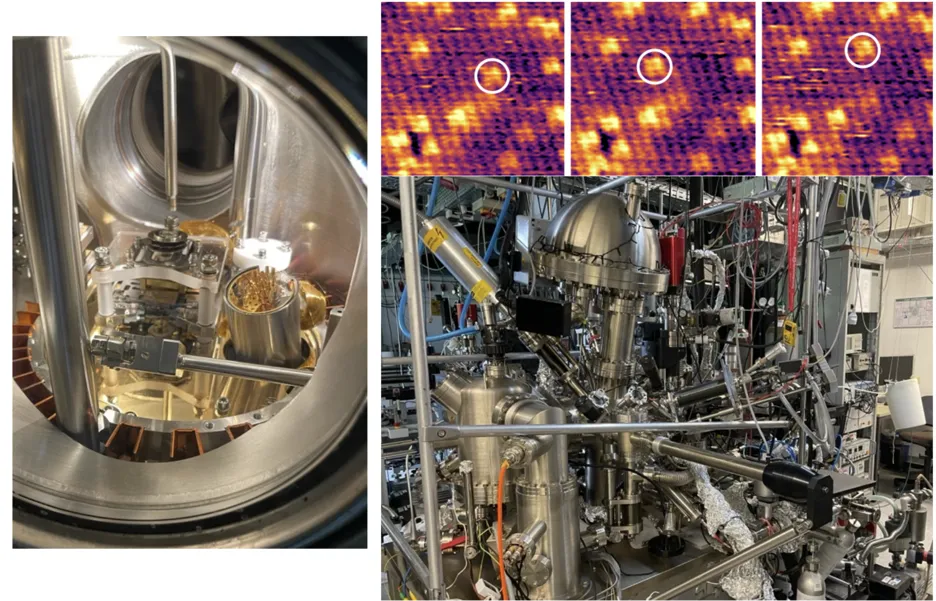
The TUM Entdeckerinnen from the Chair of Macromolecular Chemistry present their project: 'Is It Art (Plastic) or Can It Be Thrown Away?' This involves explaining the chemistry behind a bouncy putty (a moldable bouncy ball) and creating polyurethane foam. The program concludes with an exciting polymer quiz.
Program:
Booth with experiments
Target audience:
Children, adolescents
Language:
German
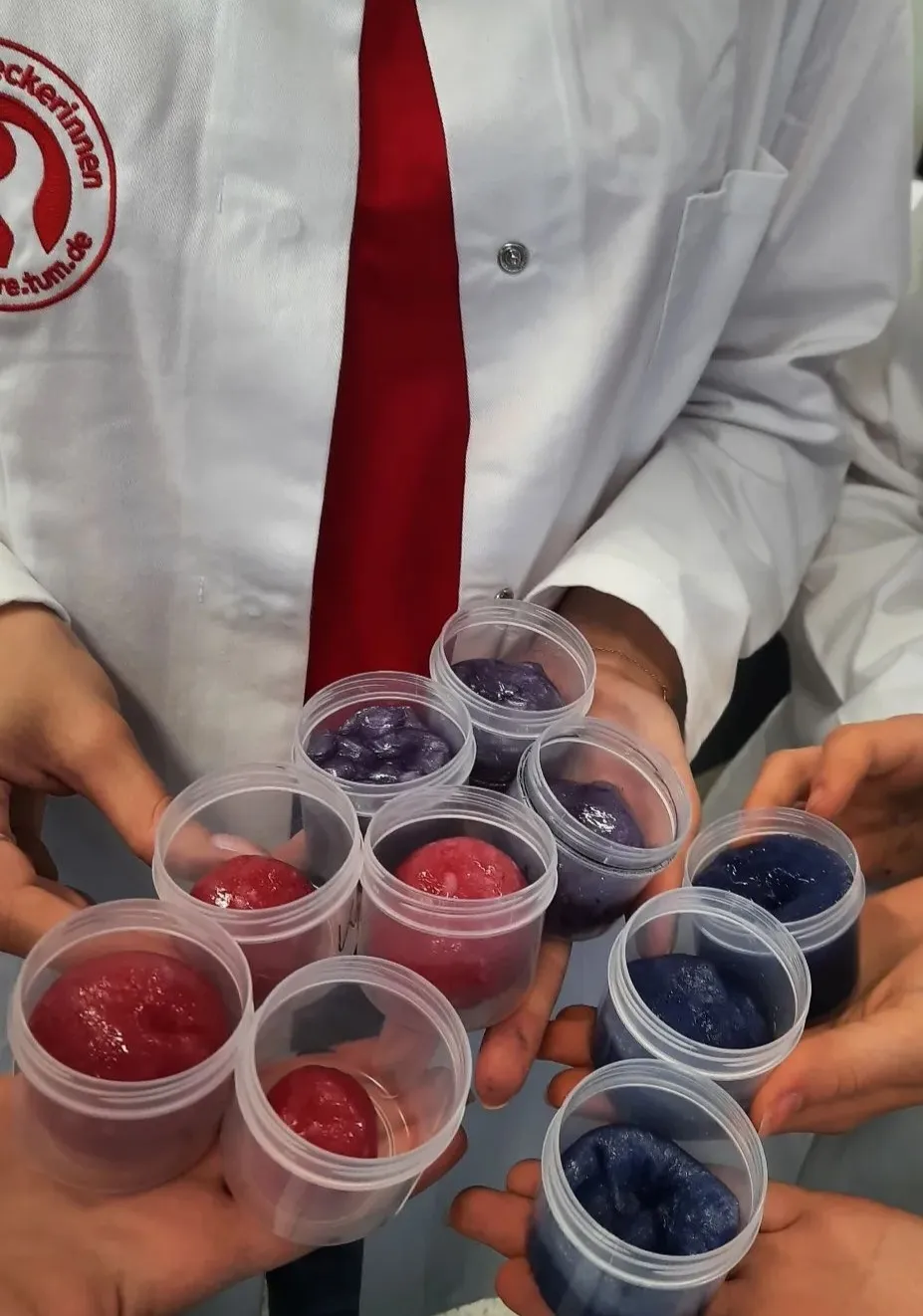
At our booth, younger visitors (aged 8 and up) have the opportunity to create calendula cream from various components. Additionally, we provide information about the different vocational training opportunities at TUM.
The number of participants per session is limited to 10. Sessions are available at 10:30 AM, 11:30 AM, 12:30 PM, 2:00 PM, 3:00 PM, and 4:00 PM. Please register in advance (Email: autum(at)tum.de)
Program:
Hands-on booth & information
Target audience:
Adolescents, children
Language:
German
Contact:
Ausbildungszentrum TUM (Email: autum(at)tum.de)
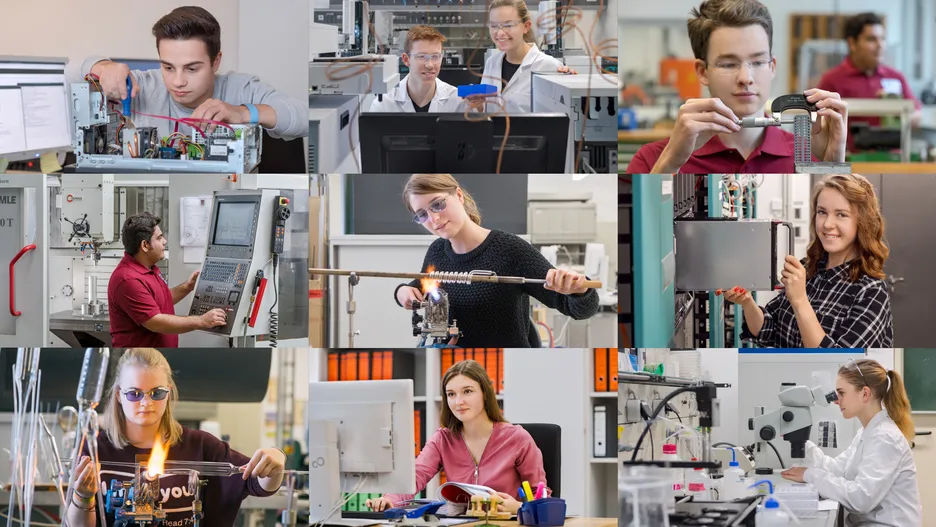
Guided tours of the institute building are offered, featuring brief presentations on current catalysis research. Following the presentations, visitors will have the opportunity to tour various laboratories, such as synthesis labs and analytical labs, where modern measurement instruments and working methods will be demonstrated.
The tours begin in the foyer of the Department of Chemistry and start at 10:30 a.m., 12:30 p.m., and 3:15 p.m. Tickets are limited and available at the Central Institute for Catalysis Research booth in the foyer of the Department of Chemistry
Lecture 1 (in german language)
Title:
"TUM and the Central Institute for Catalysis Research: An Overview"
Description:
In this approximately 20-minute lecture, we will present the research landscape of TUM and the activities of the TUM Catalysis Research Center (CRC). You will gain insight into the key metrics and research pillars of the excellence university TUM, as well as the main research topics of the CRC.
Lecture 2 (in german language)
Title:
"CO2 – Friend or Foe? From Greenhouse Gas to Raw Material"
Description:
Carbon dioxide has been a global topic of discussion for years; it is known as one of the main culprits of climate change, yet it is actually harmless and essential for life on our planet. In this approximately 30-minute lecture, you will learn how CO2 has earned its bad reputation, how it could potentially shed its negative image, and what role TUM and its Central Institute for Catalysis Research (Catalysis Research Center, CRC) can play in this context.
Program:
Laboratory tours and lectures
Target audience:
Prospective students, adolescents
Language:
German/English
Contact:
Dr. Alexander Pöthig (Email: alexander.poethig(at)tum.de)
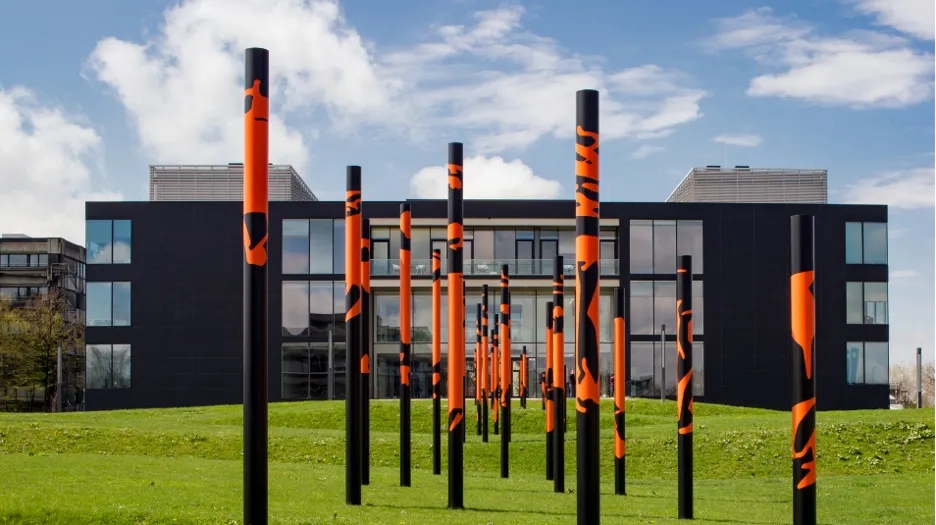
NMR spectroscopy allows for the investigation of the 3D structure of proteins and DNA, as well as their interactions with each other or with pharmaceutical agents.
Three tours will take place at 2:30 PM, 3:30 PM, and 4:30 PM.
Program:
Laboratory tours (approx. 45 minutes) of the BNMRZ. Tickets are available at the Bavarian NMR Center booth in the foyer of the Chemistry Department.
Target audience:
Prospective students, adolescents, children
Language:
German
Contact:
Dr. Gerd Gemmecker (Email: gerd.gemmecker(at)tum.de)
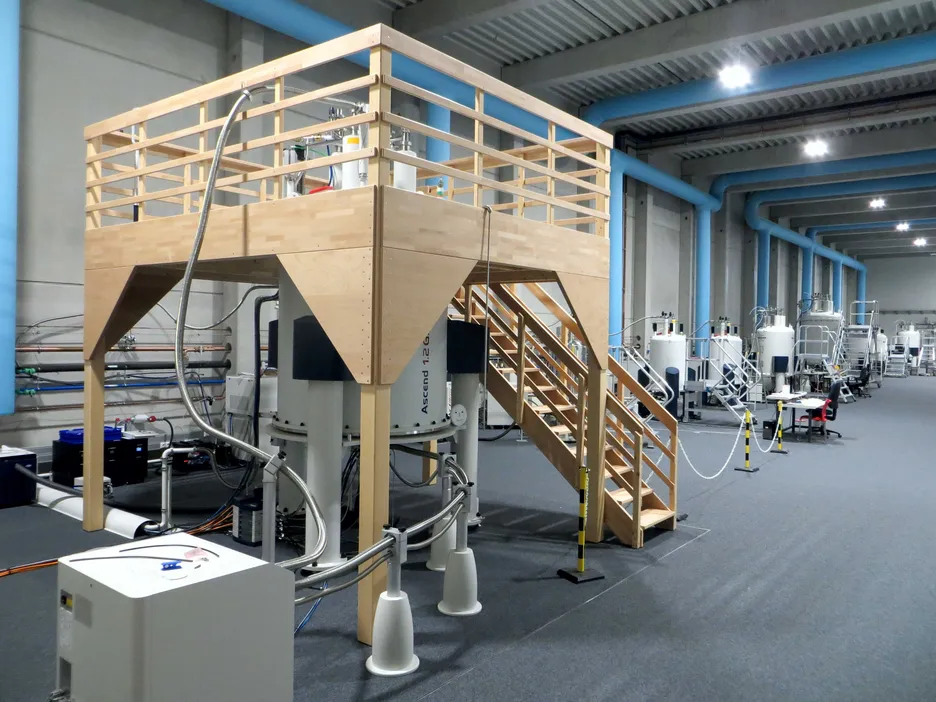
We represent over 17,500 students from the TUM School of Natural Sciences (NAT) and the TUM School of Computation, Information and Technology (CIT). In doing so, we advocate for the wishes and interests of the students.
Feel free to reach out to us with any questions related to your studies, especially from a student's perspective ;-)
